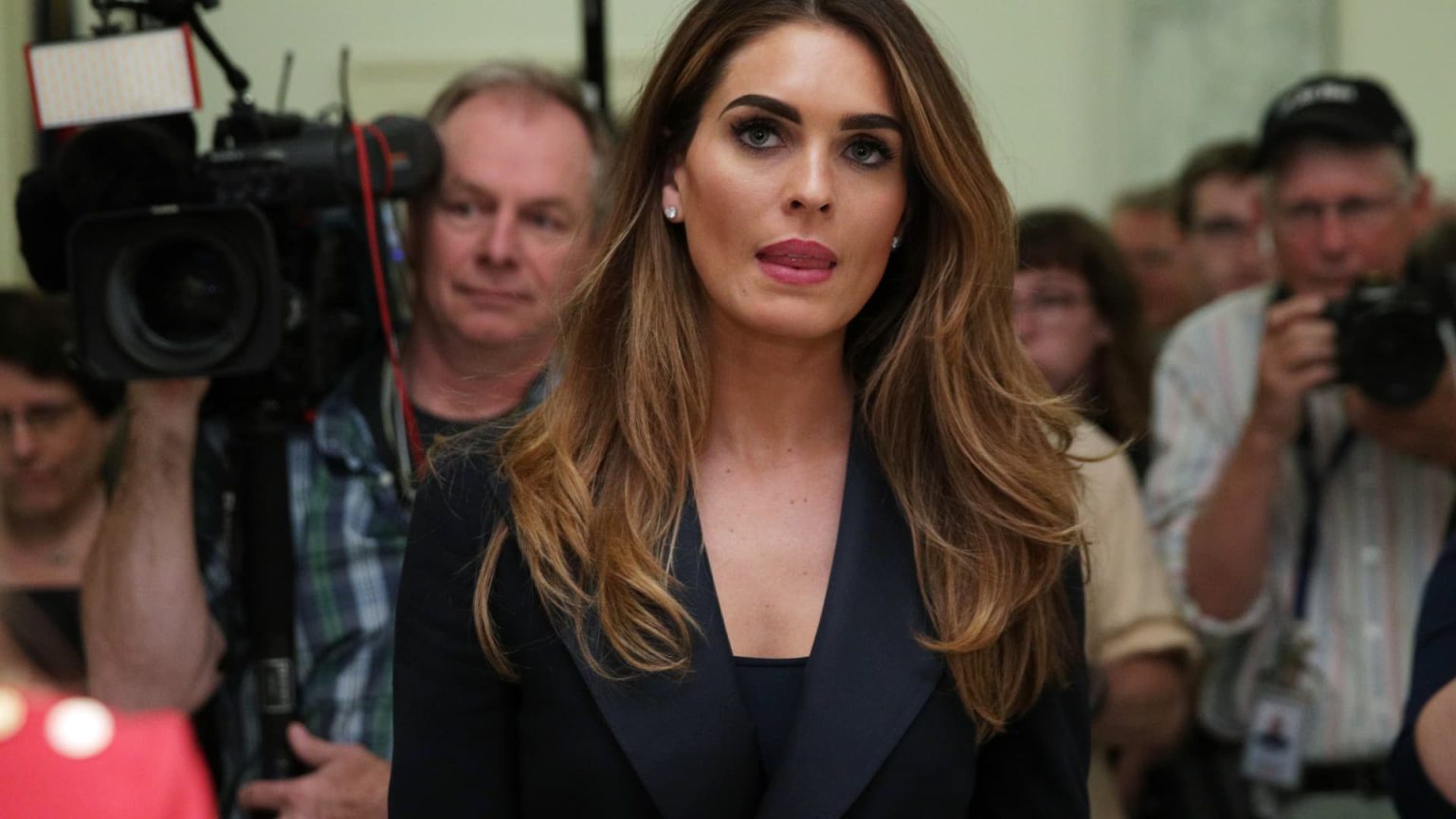Former President Donald Trump’s historic criminal trial has entered its fourth week, with prosecutors presenting a formidable case against him. The trial focuses on charges of incitement of insurrection for his role in the January 6th Capitol riot. Prosecutors have been meticulously laying out the evidence, including videos, witness testimonies, and Trump’s own speeches and statements leading up to the violent attack. The case against Trump is complex, requiring a thorough examination of his actions and words in the days leading up to the riot.
The prosecution has argued that Trump’s repeated false claims of election fraud and his encouragement of his supporters to “fight” played a direct role in inciting the violent mob that stormed the Capitol. They have presented evidence showing how Trump’s supporters interpreted his words as a call to action, leading to the deadly events that unfolded on January 6th. Prosecutors have also highlighted Trump’s failure to act swiftly to stop the violence once it began, pointing to his delay in calling off the rioters and his lack of condemnation of their actions.
Trump’s defense team has tried to downplay his role in inciting the riot, arguing that his remarks were protected speech under the First Amendment. They have also pointed to instances where Trump called for peace and condemned violence, suggesting that he did not intend for his supporters to engage in insurrection. However, the prosecution has countered these arguments by presenting a timeline of events that show how Trump’s rhetoric escalated and became more inflammatory as the election results were challenged, ultimately leading to the violence at the Capitol.
The trial has also brought to light the role of other key figures, such as Rudy Giuliani and Roger Stone, in promoting the false election fraud claims and encouraging Trump’s supporters to take action. Witnesses have testified about the coordinated efforts to challenge the election results and rally supporters to reject the outcome. The prosecution has argued that Trump’s actions were part of a broader strategy to undermine the democratic process and overturn the election results, even if it meant inciting violence.
As the trial enters its fourth week, the focus is shifting to Trump’s state of mind and intentions leading up to the Capitol riot. Prosecutors are expected to delve deeper into Trump’s mindset and motivations, analyzing his actions and statements in the context of the events that unfolded on January 6th. The outcome of the trial has significant implications for the future of American democracy, as it will determine whether a former president can be held accountable for his role in inciting a violent attack on the seat of government. The trial represents a critical moment in American history, highlighting the delicate balance between protecting free speech and holding leaders accountable for their actions.


